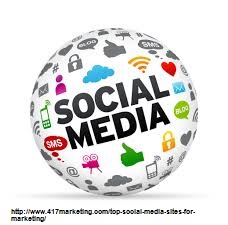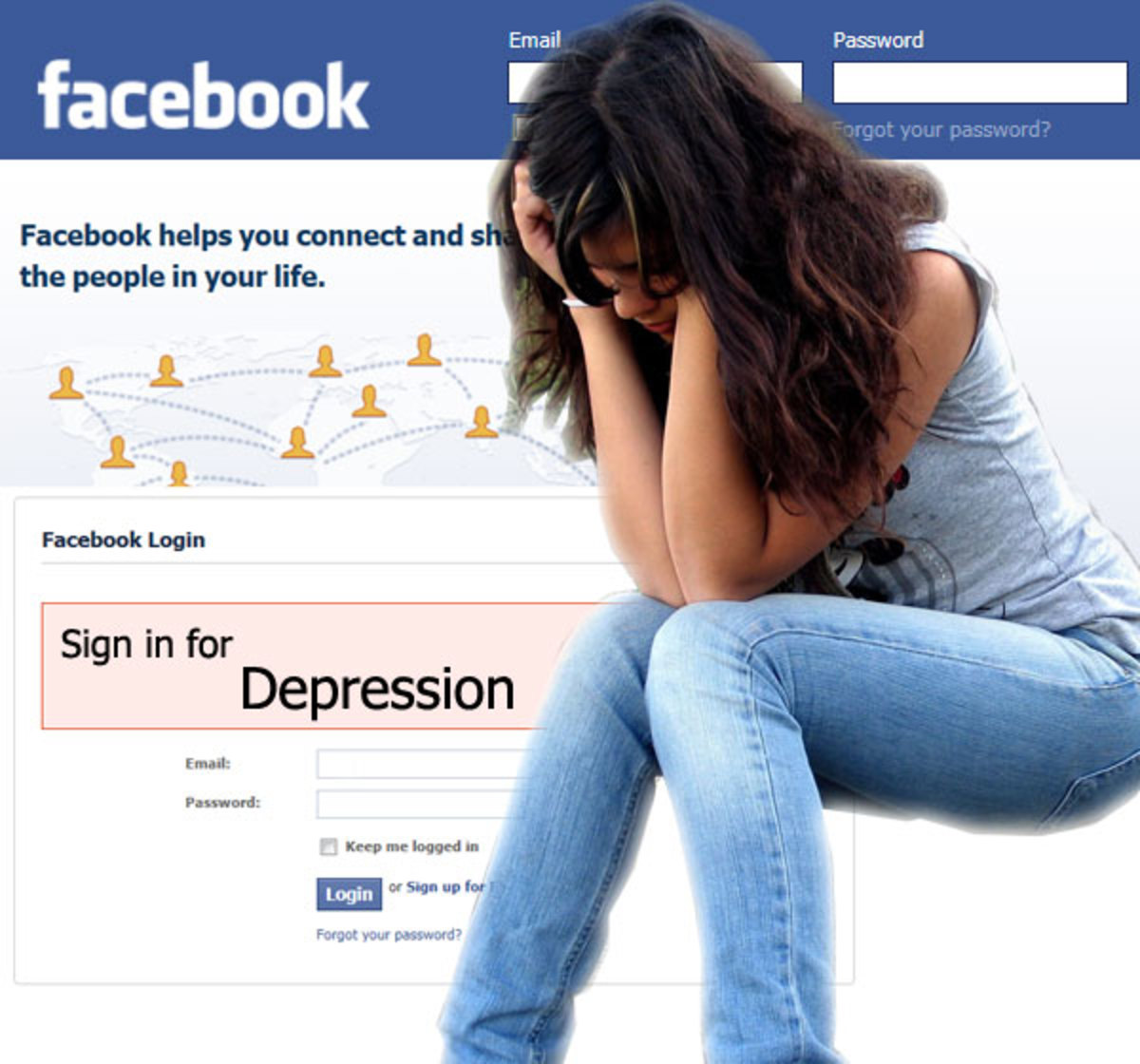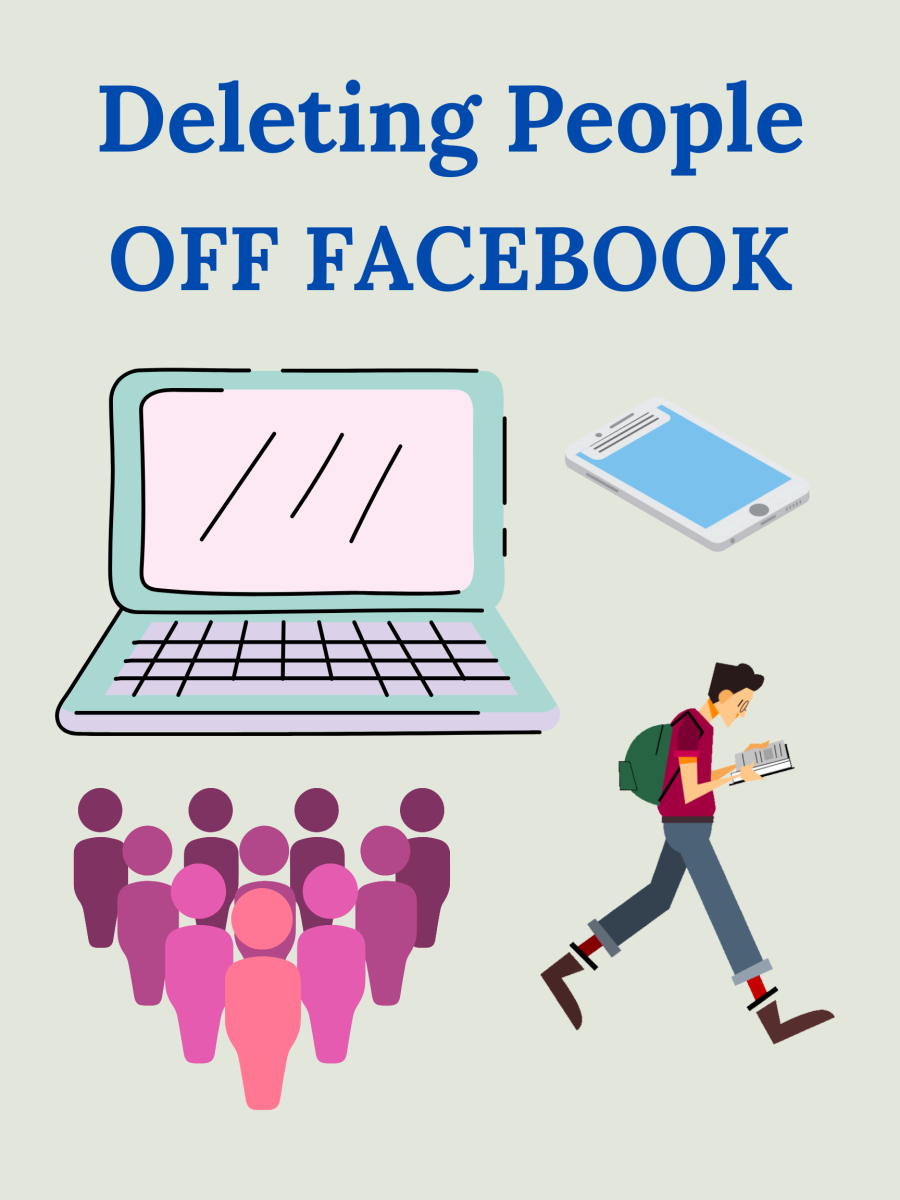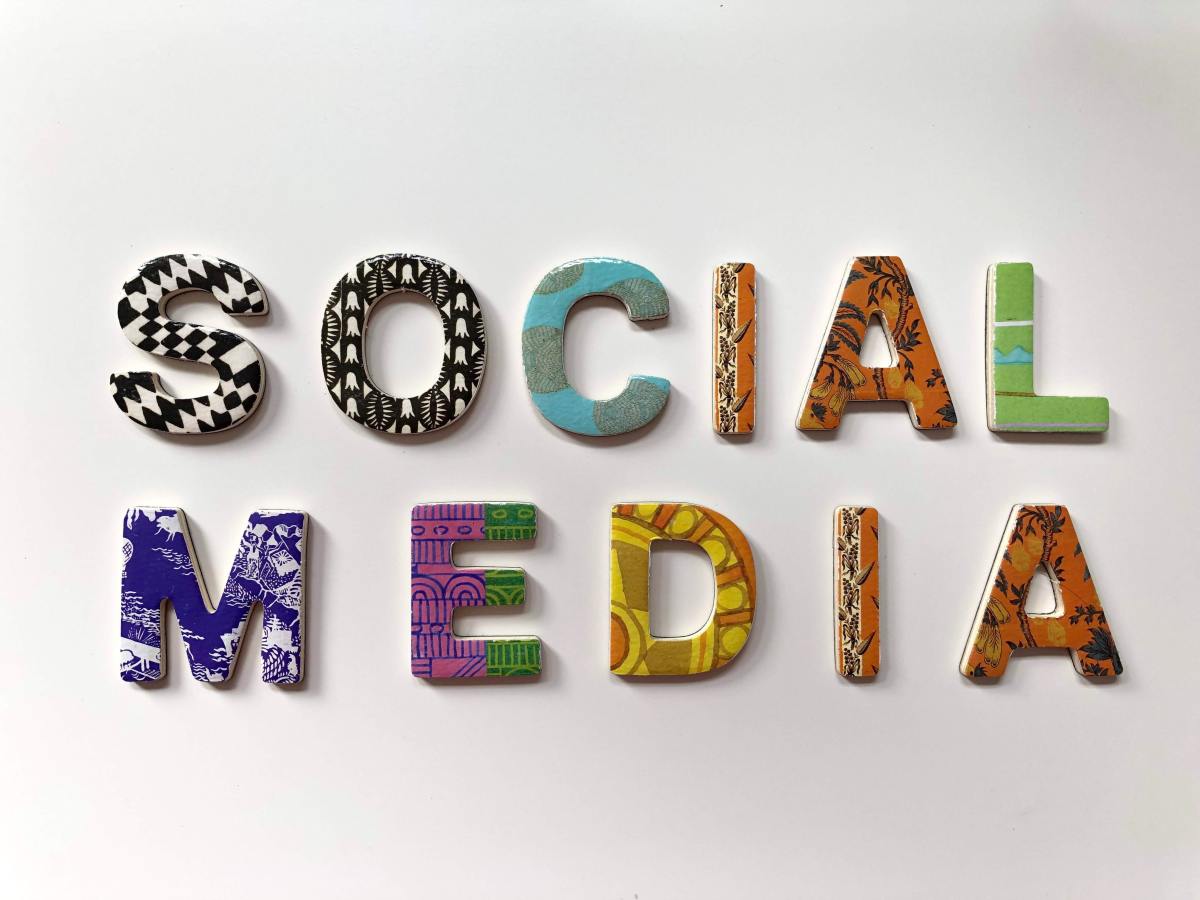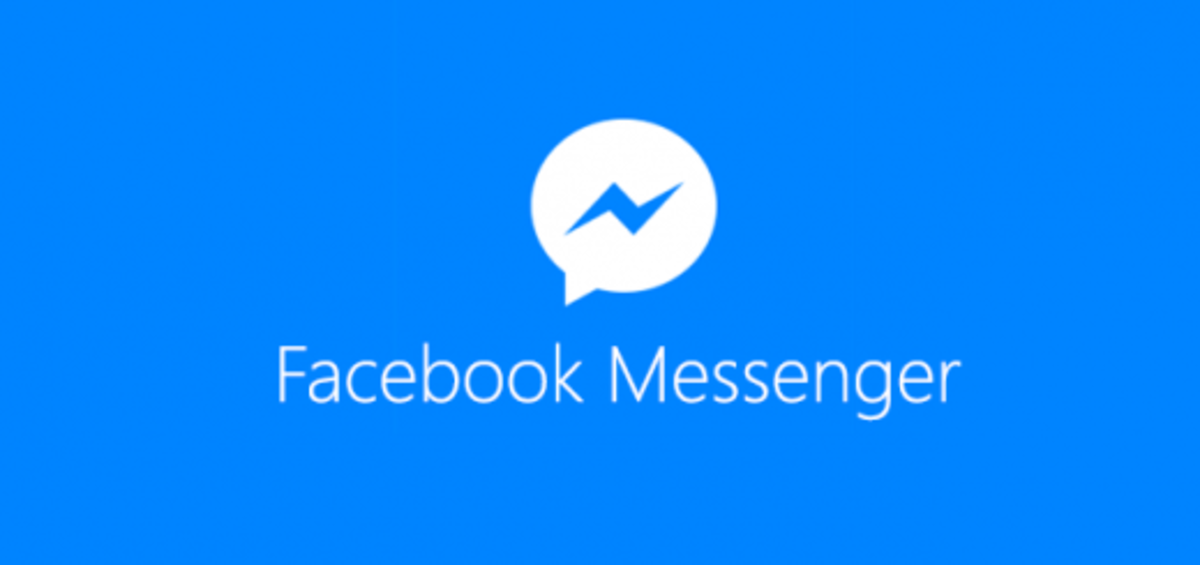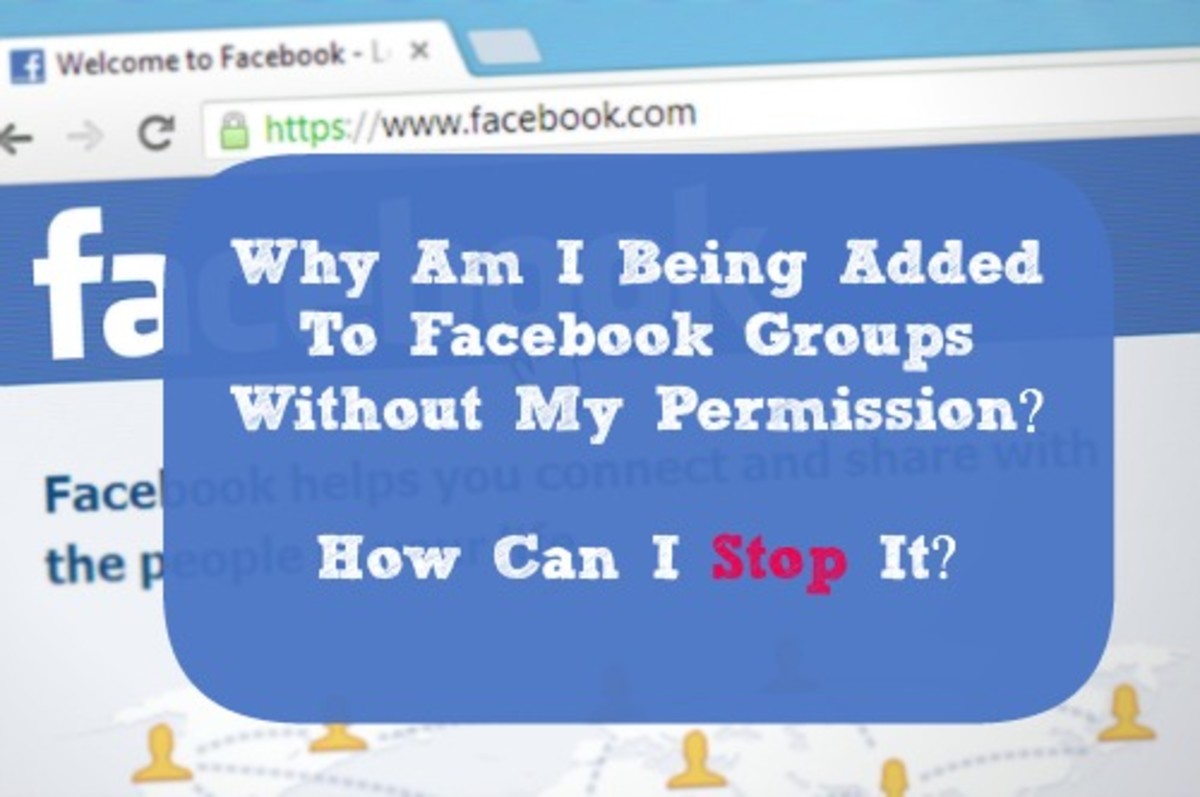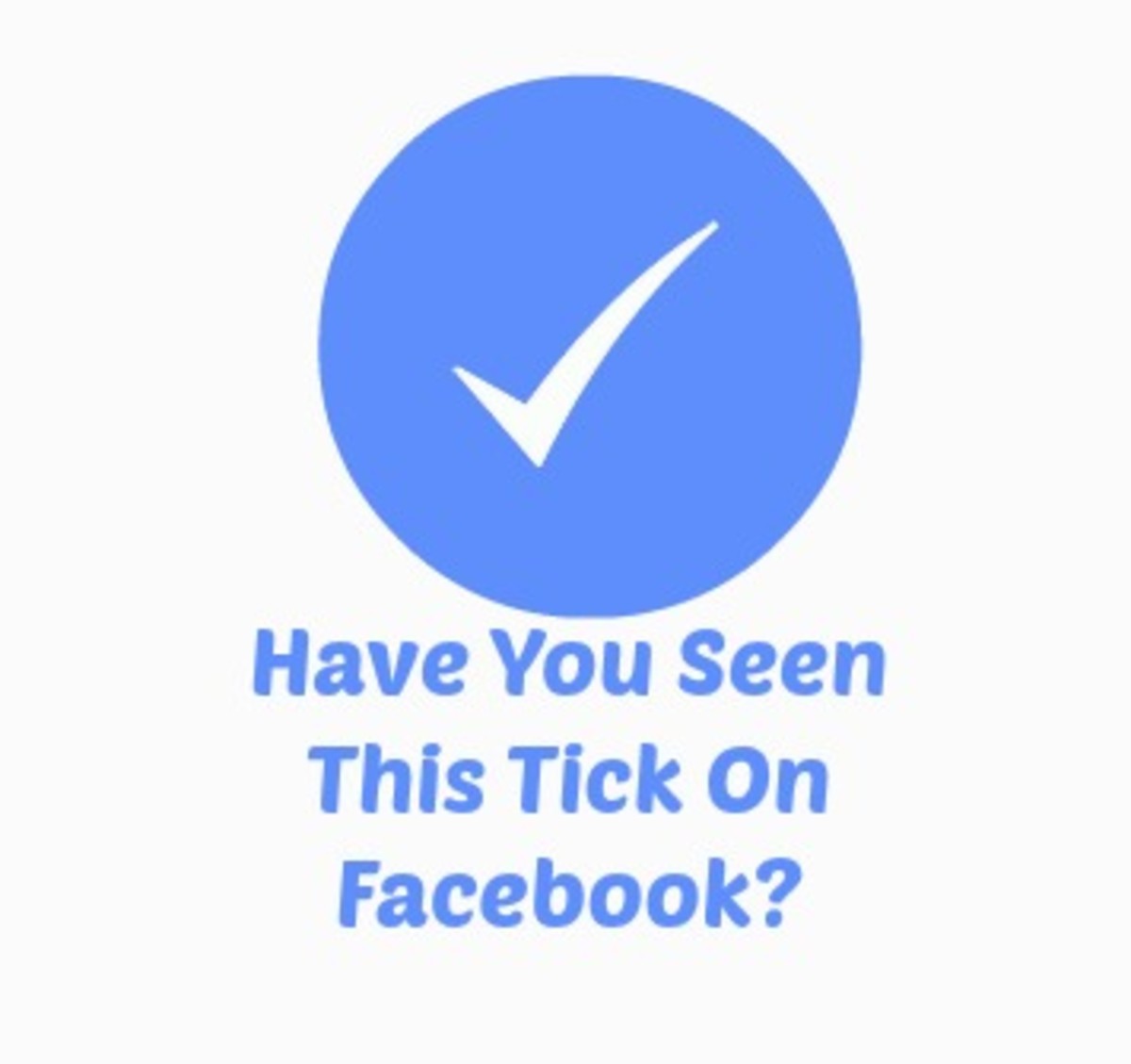- HubPages»
- Technology»
- Internet & the Web»
- Social Networking
Is Social Media Use Bad for Students’ Academic Performance?
Internet and its accompanying technology have greatly affected and influenced many facets of peoples’ lives. Families and friends separated by distant geographic locations can now instantly communicate and see each other at the comfort of their own rooms. Business transactions can be finalized by just a click of a mouse or records and other documents can be obtained even if the source is halfway across the globe. Technology has generally brought comfort and ease to many people in the way they do their normal everyday activities.
Yet, with many technological improvements and advantages is also the fact that somehow disadvantages might also arise in the process no matter how hard people try to eliminate or minimize it from happening. In the field of education for example, many students have benefited from the availability of references and research materials on-line.
Researches are no longer limited to the physical libraries found in most schools and universities but can also be found online where e-copies of books can be found and downloaded easily. Many traditionalists however, are not too fond of this development as it pulls students away from making actual contacts and face to face interactions with fellow student-researchers as well as with their advisers.
Development they say is not only limited to the topic they are researching but also on the person doing research – the researcher. Perhaps, nowhere is this great debate between technology’s benefits and its corresponding disadvantages is more apparent than in the so-called “social networking” or “social media” prevalent these days.
The Social Media
Social media pertains to the merging of technology and the interaction of people in order to create extra value that can enhance peoples’ lives. Social media accessed thru the internet is very popular because as of June 2012 there were already around 2.4 billion people connected to the internet which is 34.3% of the world population. This 2012 figure if compared to the December 2000 statistics is 566.4% higher! (“Internet Usage” 2012).
Facebook is the leading social networking site in the world today which “has more than 55 million active users, with an average of 50,000 new registrations per day.” (Abedniya and Mahmouei, 2010 p. 140). It is fact that most of the people who have access to the internet have a Facebook account. This fact was verified by Karpinski and Duberstein in their 2009 Facebook and academic performance study. They found out that aside from the widespread use of Facebook among the university students they also discovered that 65% of them checked their Facebook account more than once per day. This just goes to show that checking their Facebook account has become a habit for these students.
Is Facebook Use Good or Bad?
In a study conducted by Moon (2011) which focused on the impact of Facebook use and its overall effect on the undergraduate academic performance as measured in the cumulative college Grade Point Average (GPA) and American College Testing (ACT) scores, she found out that there is no strong relationship or correlation between Facebook use (hours spent per week on Facebook) and academic performance as measured by their GPAs and ACTs.
The study also looked into other variables that may affect students’ study habits which include: extra-curricular activities, academic preparation, community service, communication, paid work, video gaming, watching television and recreational internet use. The study surveyed 400 undergraduate students using a web-based survey.
Moon (2011) however, pointed out that internet use, extracurricular activities and community service did have a relationship with academic performance and that 97% of those surveyed were Facebook users. The study cautioned educators that they must always take this into account because majority of the students check their Facebook accounts during their academic preparation (studying, writing their assignments/projects, facilitating group work, researching information etc.). The other habits and behaviors of the students must also be considered when educators try to study internet use and in particular Facebook use when measured against students’ academic performance.
The result of the survey by Moon was important in reversing the general perception that Facebook contributes in the decline of academic performance as claimed by Kirschner and Karpinski (2010). In their Facebook and academic performance study, Kirschner and Karpinski concluded that regular Facebook users were reported to have achieved lower GPAs and spent fewer hours studying as compared to their non-Facebook users.
The Facebook users under observation in this study were college students who spent an average of one to five hours of studying per week. When compared to their non-Facebook users, they usually spent 11 to 15 hours per week of study time. The same study also found out about the profile of Facebook users. Younger and full-time students were more likely to be Facebook users and that these students are likely taking up science, technology, engineering, math and business courses. While those majoring in humanities and the social sciences are not as prone to use Facebook as their counterparts in the other colleges, the same study concluded.
In an article written by Sieberg (2009), quoting internet guru Don Tapscott and author of the book “Grown Up Digital” he said that, “There isn’t a shred of evidence that Facebook is bad for young people. On the contrary, it’s a wonderful thing that, with balance, helps them grow, helps their mental abilities develop and it should be encouraged.”
The Verdict
It is without a doubt that internet and its accompanying technology has spawned many benefits that positively affected and transformed for the better peoples’ lives. But it is also a fact that at the same time if these technological improvements were abused or improperly used disadvantages might occur. The Facebook usage of college students for example can be viewed as a positive development to enhance and bring learning and education to their perspectives. But improper use can also mean a deterrent or a hindrance to properly study for their lessons.
As educators, it is our responsibility to guide these students in how to appreciate technology for their own personal and professional growth. Technology is not bad per se but with proper discipline, usage and context it can bring us ever closer to the true ideals of education which is empowerment and freedom.
References
Abedniya, A. and Mahmouei, S.S. (2010), The impact of social networking websites to facilitate the effectiveness of viral marketing, International Journal of Advanced Computer Science and Applications, 1(6), pp. 139-146.
“Internet Usage Statistics: The Internet Big Picture (2012). Retrieved Oct. 1, 2013 from http://www.internetworldstats.com/stats.htm
Karpinski, A. C., & Duberstein, A. (2009). A description of facebook use and
academic performance among undergraduate and graduate students. In Poster presented at the meeting of the American Educational Research Association. San Diego, CA.
Kirschner, P.A. and Karpinski, A.C. (2010), Facebook and academic performance, Computers in Human Behavior Journal, Vol. 26, pp. 1237-1245.
Moon, A.L. (2011), The impact of facebook on undergraduate academic performance: implications for educational leaders, Retrieved April 1, 2013 from http://condor.cmich.edu/cdm/singleitem/collection/p1610-01coll1/id/3528/rec/28
Sieberg (2009), Facebook bad for the brain?, Retrieved April 1, 2013 from http://www.wibw.com/home/headlines/43128317.html
